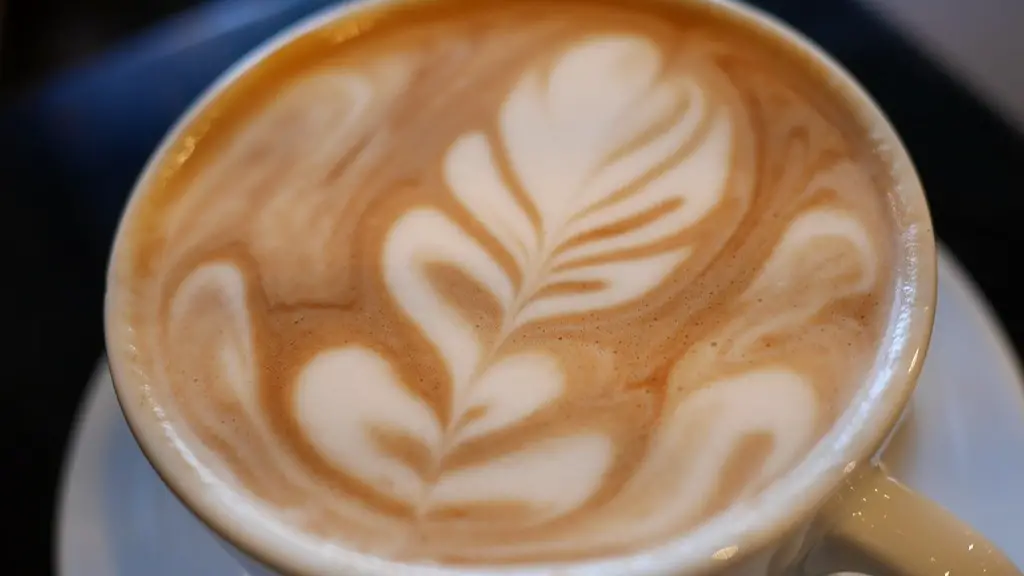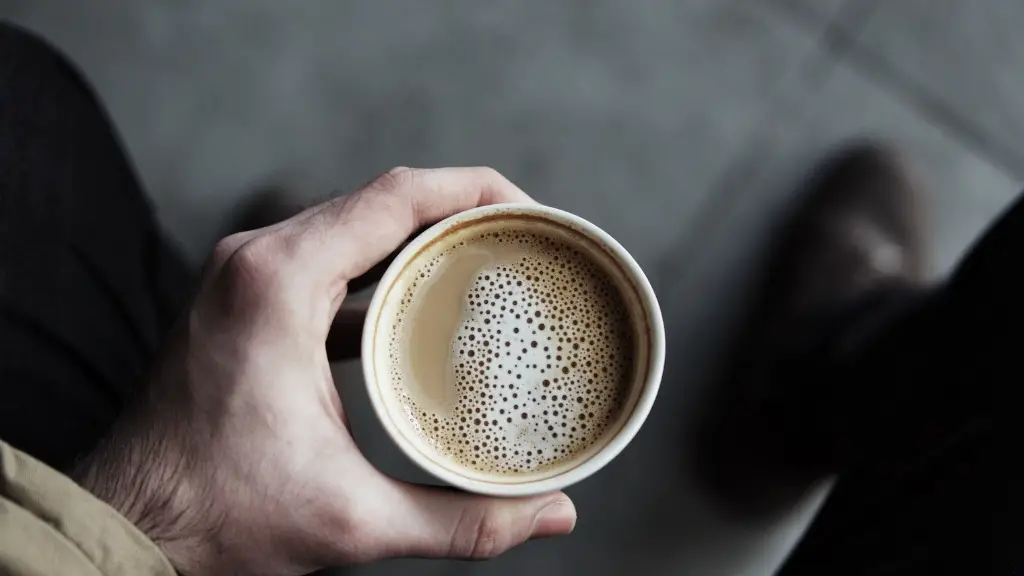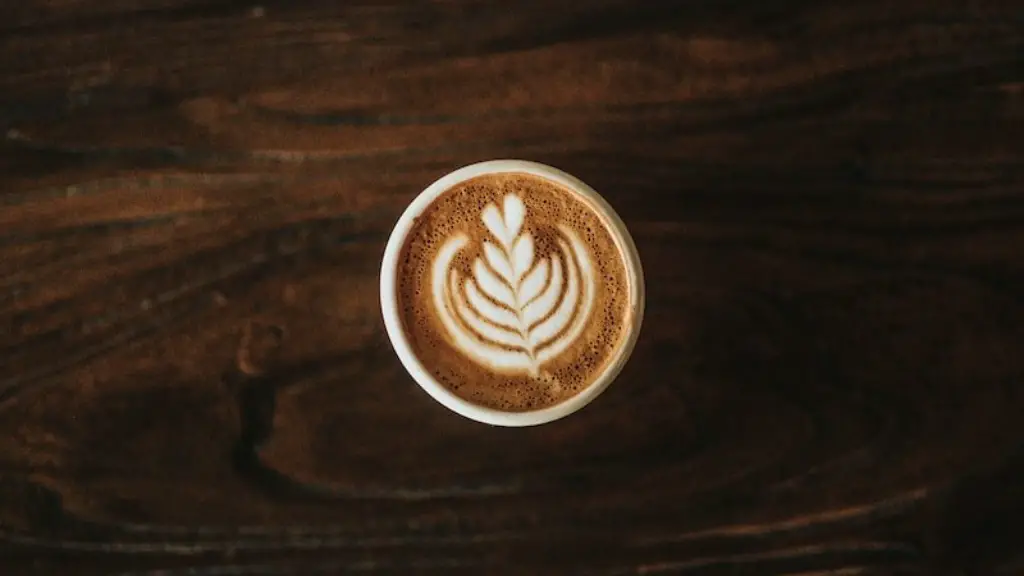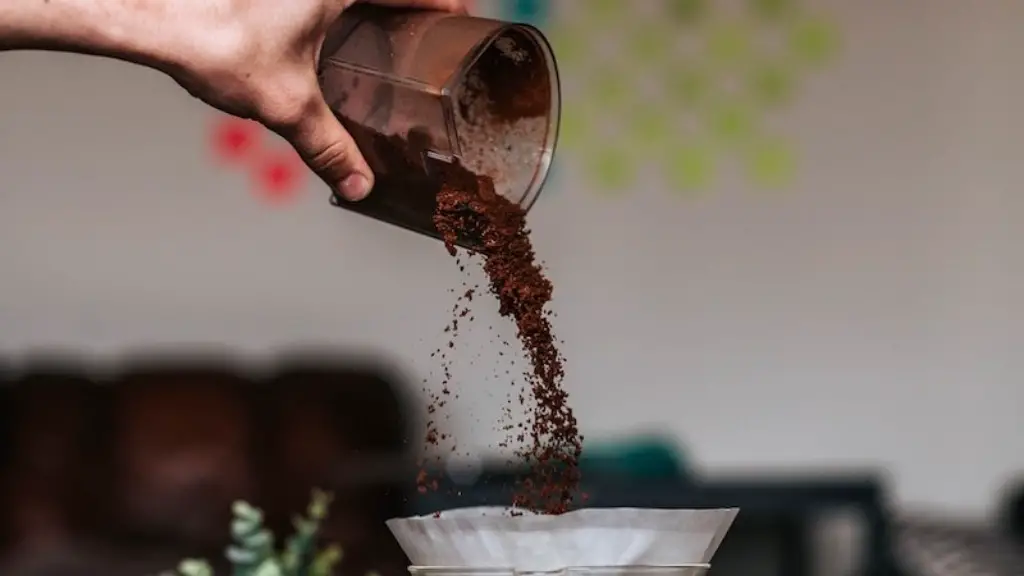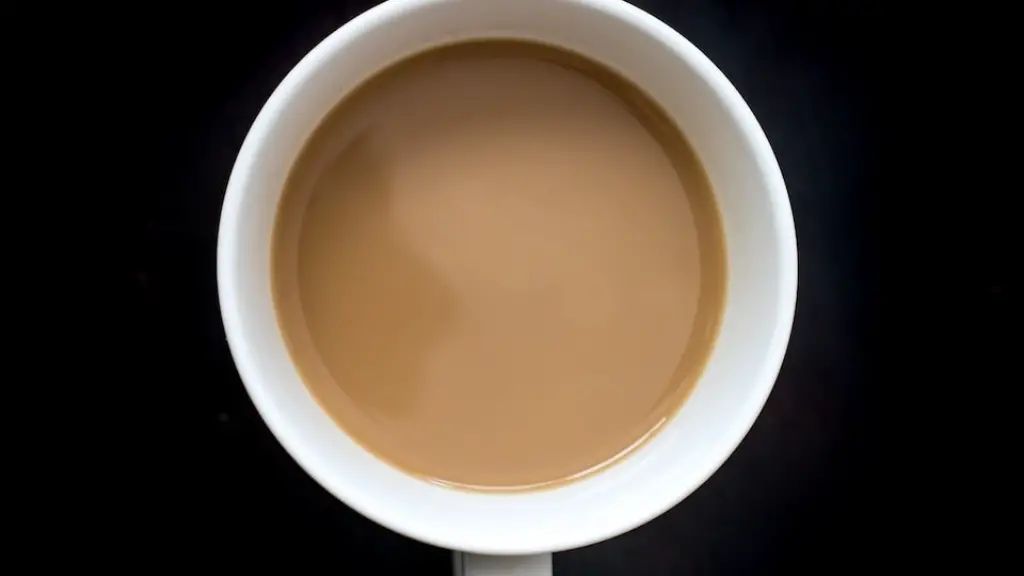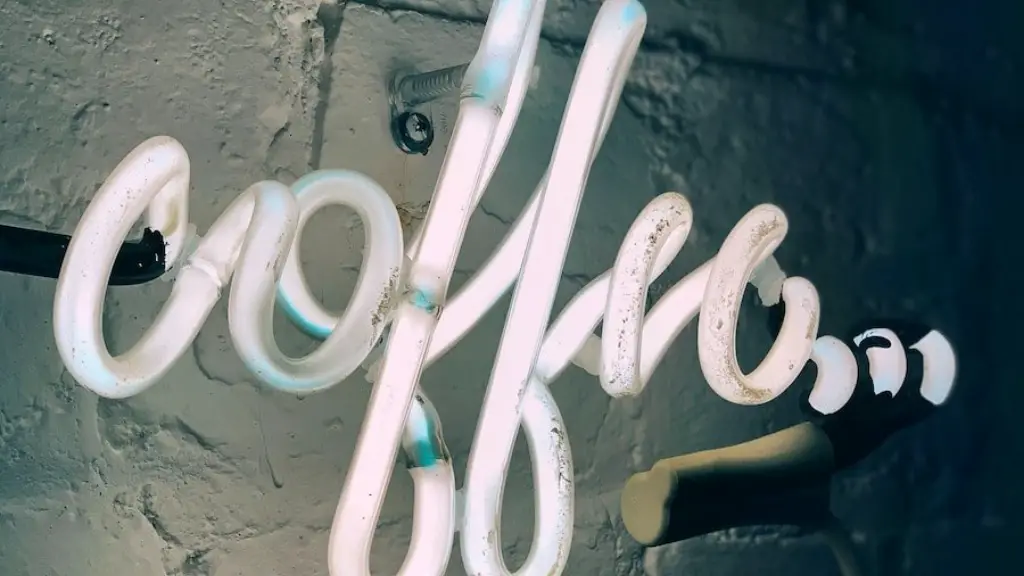For most of us, coffee is a daily ritual and an important part of our lives. But what happens when you mix coffee with alcohol? Many people assume that coffee is a harmless way to sober up after a night of drinking. However, the truth is that drinking coffee after alcohol has the potential to be dangerous.
When you drink alcohol, your body experiences a range of physical and psychological effects. Your blood alcohol content (BAC) increases, meaning that your body is impaired due to the alcohol. The effects of alcohol on your body include slowed reaction times, difficulty making decisions, difficulty staying alert and focused, and an increased risk of developing serious health conditions. As your body processes the alcohol, it is also sending signals to your brain telling you to slow down and stop drinking.
Coffee, on the other hand, contains caffeine, which is a stimulant. While caffeine can help you to feel more awake, alert and energized, it can also interfere with the signals your body is sending to your brain. Studies have found that consuming coffee while under the influence of alcohol can interfere with your body’s ability to process the alcohol, making you feel sober again when you actually are not. This can lead to dangerous situations such as driving while still impaired, or taking other risks you wouldn’t take while sober.
In addition to the physical risks, drinking coffee after alcohol can also impact your mental health. As your BAC increases, so does your risk for depression, anxiety, and other mental health issues. This is because alcohol is a depressant, and caffeine can act as an energizer, making you feel awake and alert even when you are actually impaired. This can be especially dangerous if you are already prone to anxiety or depression, as it can make it harder to get the necessary rest and recovery your body and mind need after drinking.
Studies show that drinking coffee after alcohol can also impact your sleep. Caffeine has a half-life of approximately 6 hours, meaning it takes about 6 hours for it to be processed and eliminated from your body. When caffeine is introduced into your system after drinking alcohol, it can make it harder to fall asleep, as well as reduce the amount of time you get to spend in the restorative stages of sleep.
Overall, drinking coffee after alcohol is not a good idea. While the effects may not be felt immediately, the long-term consequences can be serious. Consuming coffee after drinking can interfere with your body’s ability to process alcohol, increasing your risk of accidents or injuries. It can also increase your risk of mental health issues, as well as interfere with your ability to get the necessary rest and recovery you need after drinking.
Effects on the Brain
When you drink coffee after drinking alcohol, it can cause a disruption of your natural brain chemistry. Alcohol causes a release of dopamine, a neurotransmitter that produces a feeling of pleasure. Consuming coffee afterwards can cause a sudden drop in dopamine levels, creating feelings of depression and anxiety. It has also been linked to problems with concentration and memory.
The stimulating effects of caffeine can also increase your blood pressure and heart rate, which can be especially dangerous if you have high blood pressure or any other heart condition. Additionally, caffeine affects your body’s ability to absorb and metabolize alcohol, meaning that the effects of alcohol may be felt for longer than they would be if you had not consumed coffee.
Overall, drinking coffee after alcohol can have a variety of negative impacts on your brain. It can interfere with natural brain chemistry and make it harder to concentrate and remember things. It can also increase your heart rate and blood pressure, and interfere with alcohol absorption and metabolism.
Tips for Staying Sober
If you are looking for a way to sober up after a night of drinking, the best way is to simply wait for the alcohol to be processed and eliminated from your body. The effects of caffeine can make it difficult for your body to do this, so it is best to avoid coffee and stick to water or juice instead. You should also avoid any activities that could be dangerous while under the influence of alcohol, such as driving or operating heavy machinery.
It is also important to pay attention to your mental health. Drinking alcohol can increase your risk of depression and anxiety, so it is important to be aware of your feelings and take steps to address them if necessary. Talking to a doctor or therapist can help you manage your mental health and develop healthy coping strategies.
Finally, it is important to take the time to understand your drinking habits and make sure you are drinking responsibly. Track your drinking patterns, keep a diary of your drinking, and set limits for yourself so that you stay safe.
Myths and Misconceptions
Despite all of the research, there are still many misconceptions about what happens when you drink coffee after alcohol. One of the most common myths is that it can help you sober up. While it may temporarily make you feel more alert and awake, it does not actually reduce your BAC and can actually make you more impaired due to the combined effects of alcohol and caffeine.
Another myth is that drinking coffee will make you feel better after a night of drinking. While it may make you feel more alert and energized, it can also interfere with your body’s ability to process alcohol, and can actually make you feel worse in the long run.
Finally, there is also the myth that drinking coffee will help prevent a hangover. While it may make you feel more awake and alert, it can also interfere with your body’s ability to process the alcohol and can actually increase the severity of a hangover.
Prevention and Education
The best way to prevent the dangers associated with drinking coffee after alcohol is to avoid it completely. Make sure to drink plenty of water before, during, and after drinking, and to get the necessary rest and recovery you need after a night of drinking. You should also talk to your doctor or therapist if you are having difficulty managing your drinking or mental health.
It is also important to educate yourself on the dangers of drinking coffee after alcohol. Make sure to talk to your friends and family about the risks, and keep an open dialogue about alcohol and its effects. Additionally, seek out resources to help you better understand the risks associated with mixing alcohol and caffeine and develop healthy coping strategies.
Effects on the Liver
The liver is one of the most important organs in the body, and it plays a key role in metabolizing and eliminating alcohol from the body. When you consume alcohol, the liver works to break it down into chemicals that can be eliminated from your body through urine, sweat, and breath. However, when you mix alcohol and caffeine, it can interfere with this process, leading to a build-up of toxins in the liver.
Studies have found that drinking coffee after alcohol can increase the toxic by-products that the liver has to process, leading to a range of long-term health problems. Heavy drinking can damage the liver and lead to conditions such as liver cancer, cirrhosis, and fatty liver disease, and consuming caffeine can further increase the damage that the liver experiences.
Overall, it is best to avoid drinking coffee after alcohol. If you must have a cup of coffee, make sure you wait several hours after drinking for your body to process the alcohol and for your BAC to return to a safe level. Talk to your doctor about any health issues you may be experiencing and make sure to stay aware of the risks associated with combining alcohol and caffeine.
Mental Health Concerns
Not only can drinking coffee after alcohol put your physical health at risk, it can also have an effect on your mental health. Alcohol is a depressant, and drinking too much can create feelings of depression and anxiety. Adding caffeine to the mix can make these feelings worse, as it can increase your heart rate and blood pressure, making it harder to relax and manage your emotions.
If you are feeling particularly vulnerable after drinking, it is best to avoid coffee altogether. Talk to your doctor or therapist if you are struggling with your mental health, and look for other ways to relax and soothe yourself such as listening to music, going for a walk, or reading a book.
Additionally, it is important to understand the signs of alcohol use disorder and make sure you are drinking responsibly. Seek help from friends, family and professionals if you are having difficulty managing your drinking, and create a support network to help you stay sober and healthy.
Conclusion
Drinking coffee after alcohol can be dangerous, as it can interfere with your body’s ability to process the alcohol and make you feel more impaired than you actually are. Additionally, it can have a negative impact on your mental health and increase the severity of a hangover. It is best to avoid drinking coffee after alcohol and look for other ways to sober up, such as drinking water or getting rest. If you are having difficulty managing your drinking, talk to your doctor or therapist and look for resources to help you better understand the risks associated with mixing alcohol and caffeine.
